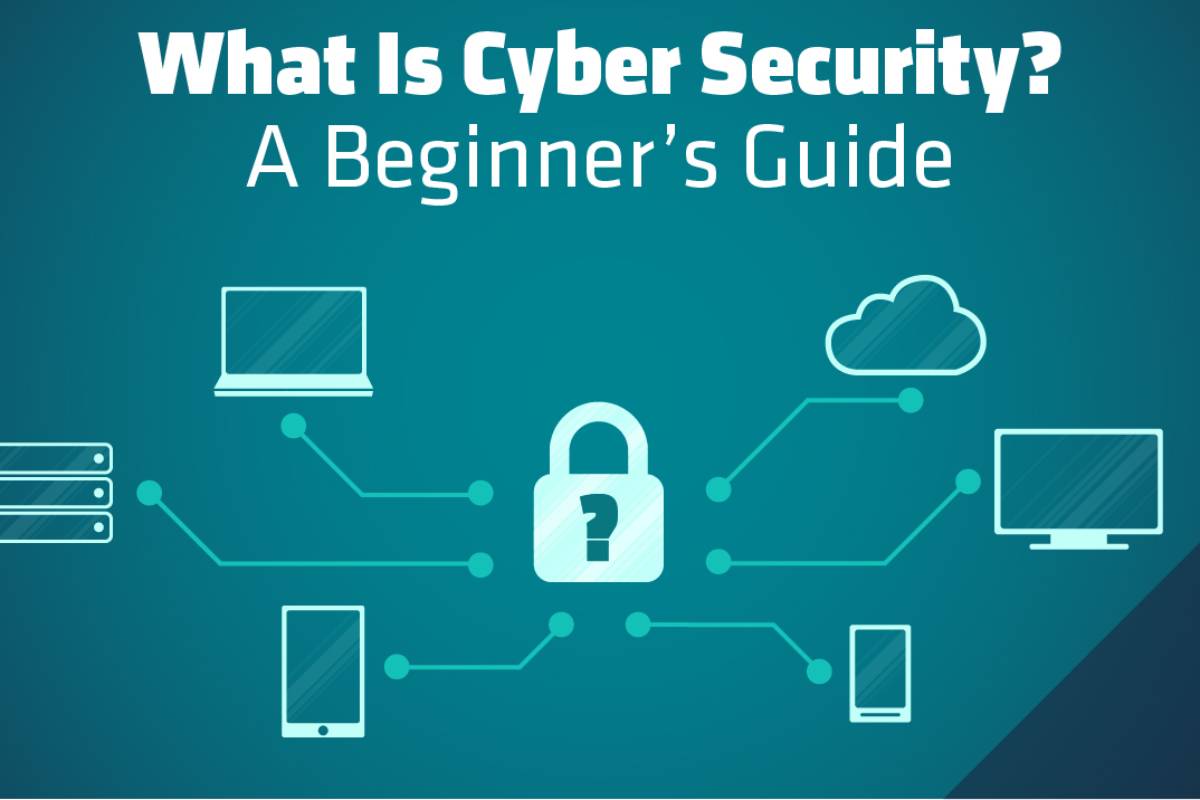Cybercrimes may be a relatively new phenomenon, but in a short span of time have become as hazardous as terrorism. According to IT Governance Limited’s quarterly review of cyber security incidents, the total number of breached records in the first quarter of 2022 stands at 75,099,482. A report by consulting and service providing firm Accenture shows a 31 per cent jump in the average cyberattack numbers per company since 2020.
As ransomware attacks, data breaches, and significant IT outages are on the rise, nations and institutions are consistently increasing their spending on cyber security. As per the research firm Gartner Inc., the total cyber security spending in 2021 was estimated at USD 150 billion, more than 12 per cent from 2020. The research firm also predicts that the global spending on cyber security will proliferate with the increase in the number of rising threats and cyber security solution costs.
You must have gained a shallow understanding of how critical cyber security is, but do you know why it has become an undeniable need of the hour? We all have prized possessions, such as a piece of jewellery, family pictures, or a laptop. Like these prized possessions, data is a form of new and the most vulnerable possession for individuals and businesses in the digital age.
We often find many data breaches or other cyberattacks news making headlines in the newspapers daily, affecting millions of consumers and companies. Institutions prepare themselves for a rash of cyber strikes through various methods, including penetration testing, ethical hacking, or risk assessment.
What does cyber security entail?
Before we delve into the cyber tutorial, let us walk you through the basic understanding of cyber security. In essence, cyber is the technique of protecting confidential and sensitive data, computer systems, networks, devices, applications, and software from being attacked or tampered with.
At present, there is a broad range of cybercrimes, such as ransomware, phishing, trojan virus, SQL injection, denial-of-service, and DNS Tunneling, to name a few. Cybercriminals are now using more sophisticated ways of attacking data. Therefore, governments and institutions are gearing up to protect a variety of sensitive data from the risk of theft and damage.
Why is a cyber security degree totally worth it?
Pursuing MCA in cyber security can be an enticing and lucrative career move, opening doors to many stellar cyber security jobs. As all roles in the cyber security domain are financially rewarding, a degree in cyber security could be a better return on investment.
According to Glassdoor, an entry-level cyber security analyst in India makes INR 5,04,875 a year. The salary of an experienced cyber professional goes up to INR 36,00,000 per year in India, Glassdoor suggests.
Winding Up
Before you choose a cyber course, it is essential to consider several factors in order to get into the right university. Many universities in the nation are racing to offer cyber programmes. Still, you can consider top-notch universities in Dehradun for a better learning experience, industry exposure, high-quality education, affordable tuition fees, and guaranteed placement upon completing the course. Apply now!



